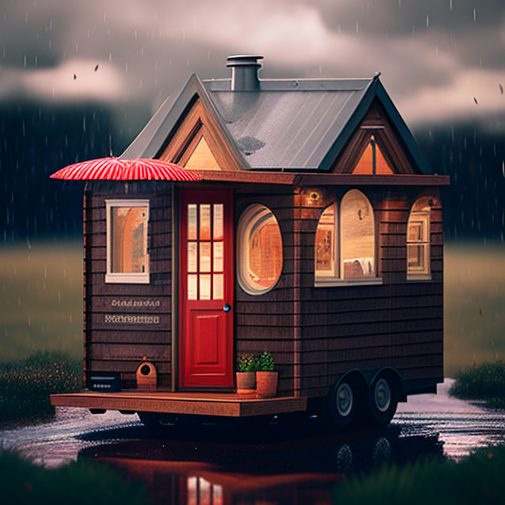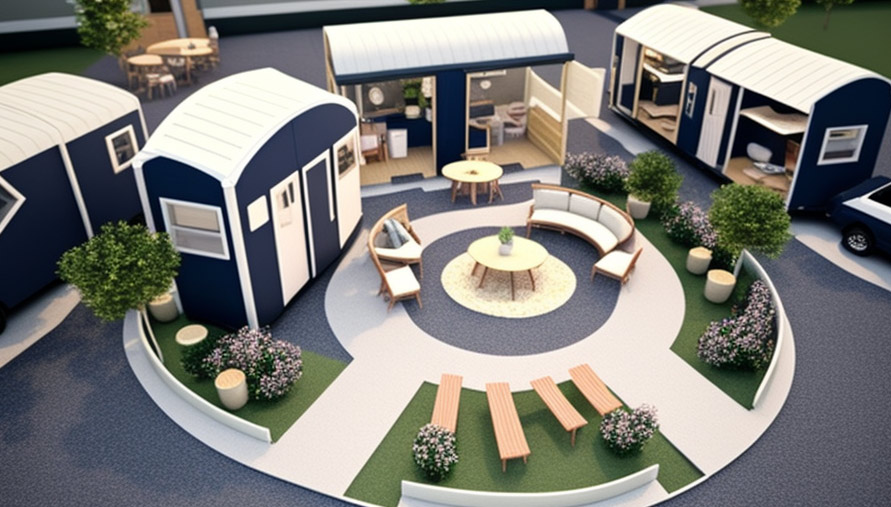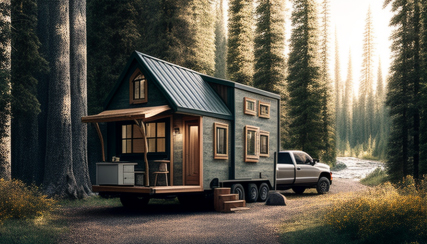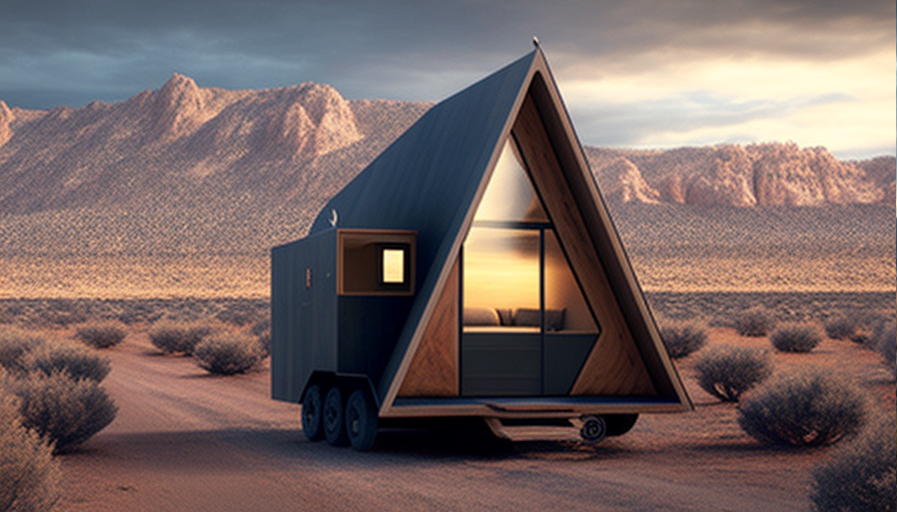Are you considering moving to a tiny house? With the rising cost of living and the need for a simpler lifestyle, tiny living is becoming a popular choice for many people. In this comprehensive guide, we will discuss the tiny living pros and cons of tiny living to help you make an informed decision.
Introduction
Tiny living is a lifestyle that has gained popularity in recent years, with many people opting for smaller, more efficient homes. The idea of downsizing to a tiny house can be daunting, but it also has its benefits. In this article, we will explore the pros and cons of tiny living, and help you decide whether this lifestyle is right for you.
Pros of Tiny Living
- Affordable Living: Tiny homes are typically more affordable than traditional homes, as they require fewer materials and have a smaller footprint. This means that you can save money on your mortgage, utilities, and maintenance costs.
- Energy Efficiency: Tiny homes are designed to be energy efficient, with many incorporating solar panels and other sustainable energy sources. This means that you can reduce your carbon footprint and save money on energy bills.
- Minimalistic Lifestyle: Tiny living encourages a minimalistic lifestyle, which can be liberating for those who want to simplify their lives. With less space, you will have to declutter and prioritize what is essential, which can lead to a more fulfilling life.
- Mobility: Tiny homes are often built on trailers, which means that you can take your home with you wherever you go. This is perfect for those who love to travel or want to live a more nomadic lifestyle.
Cons of Tiny Living
- Limited Space: Tiny homes are, by definition, small. This means that you will have limited space for storage, activities, and visitors. This can be challenging, especially if you have a family.
- Zoning Laws: Zoning laws can be a challenge for tiny home dwellers, as many areas have minimum square footage requirements. This can limit your options for parking or building your tiny home.
- Maintenance: While tiny homes require less maintenance than traditional homes, they still require upkeep. This can be challenging, especially if you have limited space to store tools and supplies.
- Resale Value: Tiny homes are a relatively new concept, which means that their resale value is uncertain. This can make it challenging to finance or resell your tiny home if you decide to move.

Conclusion to Tiny Home Living Pros and Cons
In conclusion, tiny living pros and cons, and whether it is right for you depends on your lifestyle and needs. If you are looking to simplify your life, reduce your environmental impact, and save money, then tiny living may be the right choice for you. However, if you need more space, have a family, or are limited by zoning laws, then tiny living may not be the best option.



